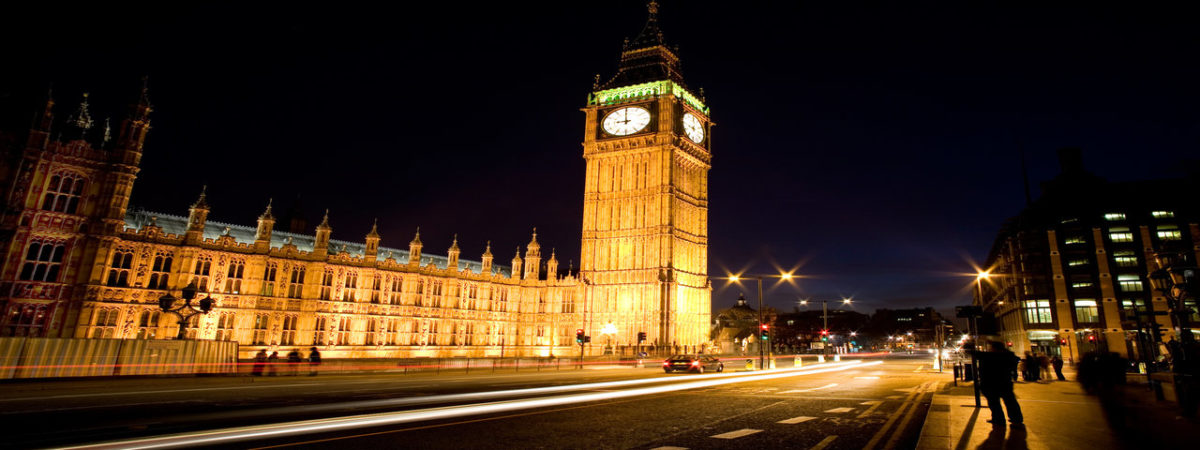A tale of two claims: one Broadly right, the other by Peston broadly wrong
SUGGESTED



It seems to me that the reason why so many people are so annoyed is that this factual claim simply undermines the egalitarian arguments that the rich are the cause of our woes. It’s much easier to rail against ‘the rich’ when you suggest that they are plutocrats, oligarchs and barons than when they are minimum wage earners in Western countries. We saw this last week too, when Oxfam railed against the 1%’s share of global net wealth. Though I believe those figures are misguided, even on their own terms someone in London with net wealth of £528,000 (housing, anyone?) would be in the global top 1%. It’s not just billionaires buying yachts who can be considered rich in global terms.
The truth is, for all the progress that has been made in reducing absolute grinding world poverty as developing nations have adopted capitalistic institutions (and reduced global inequality for that matter), much of the world is still much poorer than we are. And Stuart Broad’s claim is true. As Chris Dillow has recently highlighted, Branko Milanovic has estimated that over half the world’s population has an income of less than $5.70 a day. And as Tim Worstall has pointed out, someone working full time (say, 37.5 hours a week) on the minimum wage would earn £12,675 a year. This puts them in the top 6.41% of the global income distribution, according to this calculator which converts in purchasing power parity terms. This is before incorporating the tax and benefits system, which combined are highly progressive. Since the distribution on that website is in net income terms, we might imagine then that many people earning the NMW plus state top ups are higher still in the distribution.
Yet it seems from the outrage that outlining this fact is just beyond the pale, or unsayable, even if it happens to be true. Meanwhile, there are a host of things which regularly crop up in our public discourse which are not true, or at best highly misleading, which do not draw such opprobrium.
Take Robert Peston’s trailer this morning for his new documentary on inequality. This claimed that inequality has been increasing at an alarming rate. As Chris Snowdon’s new book Selfishness, Greed and Capitalism showed clearly, this just isn’t the case. Certainly there was a rise in inequality on almost all measures in the 1980s, but inequality by the Gini coefficient appears to have peaked in the UK in 1990, and has fluctuated around a slightly lower level ever since. Even the ratio of the 90th percentile to the 10th percentile can’t be said to have risen in that period. Inequality, on most conventional measures, has been flat for a generation.
In fact, the only measure by which inequality has increased in that period has been the share of pre-tax income attributable to the top 1% of income earners – primarily driven by the increased earnings of the top 0.1%. Even then, the claim ‘has been increasing…’ suggests that recently inequality has been rising substantially. In fact, since the financial crisis inequality has fallen.
The share of total income attributed to the top 10 per cent of earners fell between 2007-08 and 2014-15, from 36 per cent to 34.5 per cent; for the top 1 per cent from 13.4 per cent to 12.6 per cent; and for the top 0.01 per cent from 5.2 per cent to 5 per cent. Even examining wealth, ONS data show that the overall wealth shares of the wealthiest 10 per cent and 1 per cent remained flat between 2007 and 2011. It’s only when you get to the top 0.1 per cent that you find that the share of wealth has increased.
We therefore appear to be in a bizarre situation where someone is castigated by the egalitarians for saying something that is factually true, but there’s complete silence when people make bold claims about inequality which are clearly false.
11 thoughts on “A tale of two claims: one Broadly right, the other by Peston broadly wrong”
Comments are closed.





Maybe the inequality campaigners are actually complaining about “richer than me” rather than actual inequality. Jealousy is the traditional emotion driving socialism.
I am afraid you are whispering into a gale.
“much of the world is still much more poorer than we are.”
No need for the “more” here.
Thanks, Richard. Now corrected.
Wealthy beeboid Robert Peston whining that people even wealthier than he are getting comparatively even wealthier than genuinely poor people? And who lets facts get in the way of a lefty?
And its the 0.1% that everyone freaks out about. So depending on what the definition of the rich is, the fact that a superyacht is in people’s faces then mass freakout…not sure what you do about it though apart from make it as easy as possible to get rich
The argument you and Broad make is specious, and you know it.
Someone on the minimum wage in the UK needs to pay for plenty of things which are vastly more expensive here than overseas. For example, housing and any services. Fuel, health (via taxes) and many other necessities are vastly more expensive too.
If Broad wants to talk about humility, maybe he should try demoting himself to the minimum wage too.
“The argument you and Broad make is specious, and you know it. Someone on the minimum wage in the UK needs to pay for plenty of things which are vastly more expensive here than overseas. For example, housing and any services. Fuel, health (via taxes) and many other necessities are vastly more expensive too.”
People on minimum wage have been taken out of paying income tax, and get far, far more out of the system than they pay in in the form of “free” health and education, plus roads, pensions on retirement etc etc.
I’m pretty sure the wealth comparison figures this post refers to are based on purchasing power parity, so the fact that housing and transport are cheaper in, say, Gambia does not mean that someone on the minimum wage would be better off being on minimum wage there. Indeed, I do not think anyone rational can make a serious argument that those slightly above the minimum wage in India or Nigeria have a better standard of living than those on minimum wage in Britain.
People in Britain on minimum wage do not have it easy (although it is worth pointing out that a very significant proportion of those on MW are either in entry level positions and soon earn more, or are the partner of someone who earns significantly above MW. I’m sure the actual figures of who earns MW are available somewhere – probably in a previous blogpost!). However I will defy anyone here to visit the poorer parts of Kolkata and tell me those people have better lives than a minimum wage worker in this country because their cost of living is lower…
The left know full well that the incomes and wealth of almost all British families is sufficiently high to fall in to their arbitrary description of “rich”. They want everybody to be taxed more so they have to create the case that we’re all rich.
@cupertino: I reckon farting against thunder is more appropriate here.